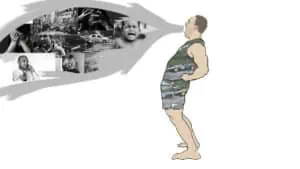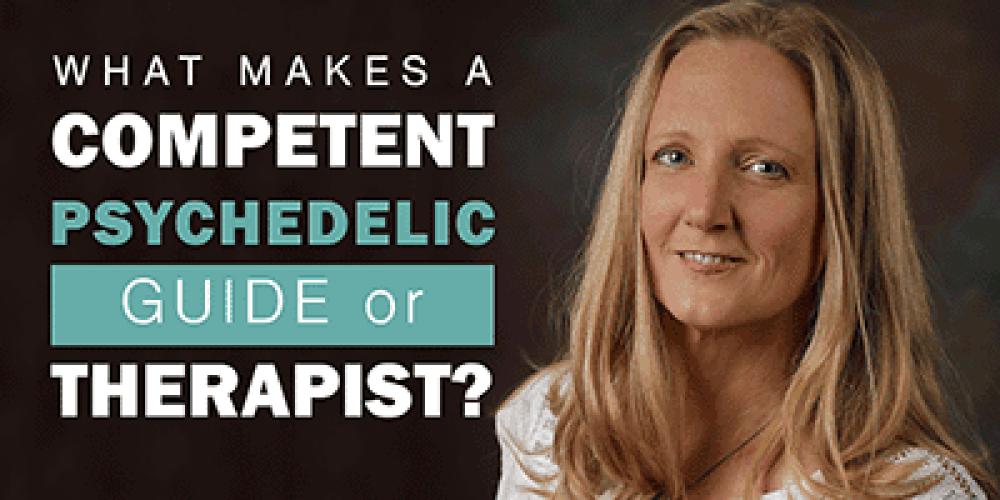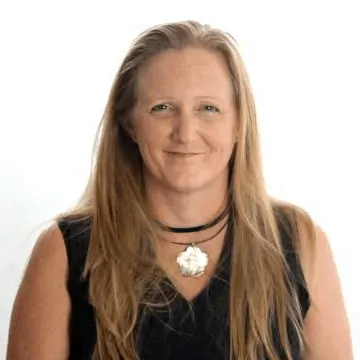
How to choose the right person to sit with you on your journey
If you’re trying to figure out this whole psychedelics-for-mental-health thing, you’ve probably got questions about what makes for a competent psychedelic guide and/or therapist.
Competence boils down to 3 essential abilities:
- The ability to help you make sense of the experiences you’ll have outside of normal “body-centered” consciousness.
- The ability to help you use those experiences to improve your day-to-day functioning (which, not for nothing, is why you’d go to therapy or counseling in the first place).
- The ability to wholeheartedly accept all the ways you act when, under the influence of the psychedelic, you leave behind your ordinary state of consciousness.
There are many people who can help you make sense of “non-body-centered” consciousness, whether you got there through psychedelics, or any other physical or “deep thinking” pathway.
Those people might call themselves:
- Psychedelic guides
- Therapists
- Physicists
- Clergy
- Eastern philosophers
- Teachers
- Energy healers
- Spiritual mentors
Whatever their title, they just have to be able to delve into this stuff and help you make it useful in your real life.

How to find the best psychedelic guide and/or sitter for you
Use whatever vetting process you’d normally use to assess the competence of someone you’re thinking about hiring. And remember: If you find they aren’t helping you, you should feel free to move on.
In the world of psychotherapy, the relevant therapists will probably call themselves transpersonal or existential therapists. The therapist doesn’t need to actually sit with you during your psychedelic experience. They just need to not be judgmental of it.
A good sitter could look like:
- Anyone with extensive high-dose psychedelic experience of their own
- Any guide or therapist who has experience with physical “unwinding” or “bioenergetic exercise”
- Clergy members accustomed to people speaking in tongues
- Anyone who has experience (and therefore confidence) with the particular psychedelic you’re taking

But what about cultural appropriation?
Nowadays, you might hear that your guide isn’t competent to serve you through a psychedelic experience unless they:
- Are of Indigenous origin
- Incorporate authentic ceremonial practices
- Acknowledge the Indigenous origins of those practices
I beg to differ.
I’m sure that practitioners of Indigenous medicine offer profound peak experiences to those they guide, both here and overseas.
But it’s absurd to say that unless psychedelic medicines are administered in a certain ceremonial way by an Indigenous practitioner, that your guide is incompetent or misappropriating something that doesn’t belong to them.

No one group of people or part of the world has a corner on the psychedelics market, so to speak. The use of psychedelics has been recorded in nearly every culture, all over the world, for millennia.
Here in the United States, psychedelics have been used (albeit mostly illegally) for 70 years in the context of mental-health improvement.
Yes, psychedelics were introduced to the US by a journalist who went to Mexico and “stole” them from the Indigenous population there. So it’s important to recognize the Mazatec people’s contributions to our current knowledge.
But that historical fact doesn’t mean that the way we administer and guide psychedelic experiences now, here, in the context of mental health, is somehow wrong or incompetent.
Competent psychedelic psychotherapist
If you’re looking for legal psychedelic assistance stateside, administered in a typically American fashion, contact me to learn about the only legal, non-traditional, and “gentle” psychedelic—ketamine.
And to see if ketamine therapy might be right for you, visit psychedelictherapytampa.com.










